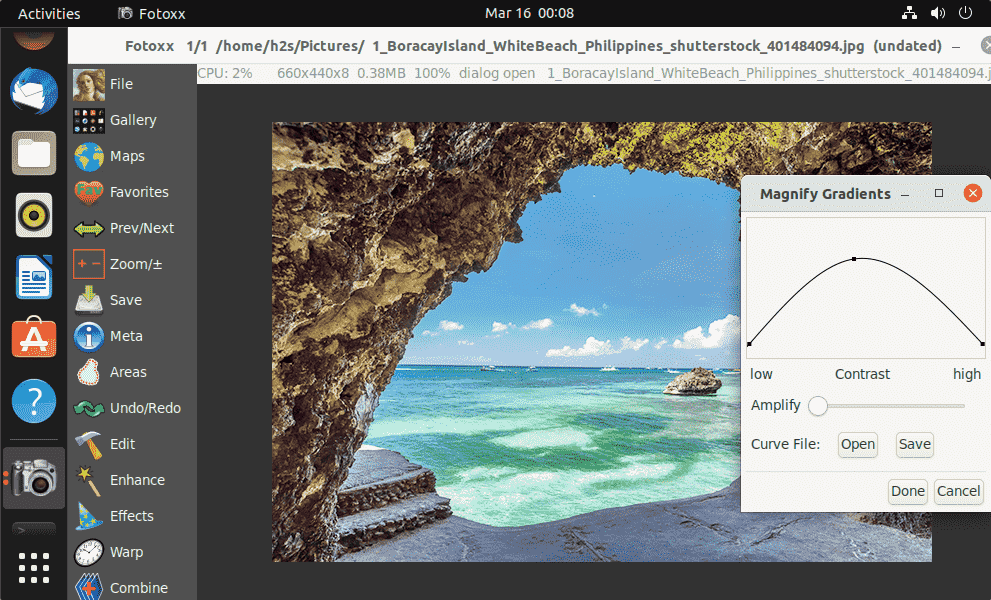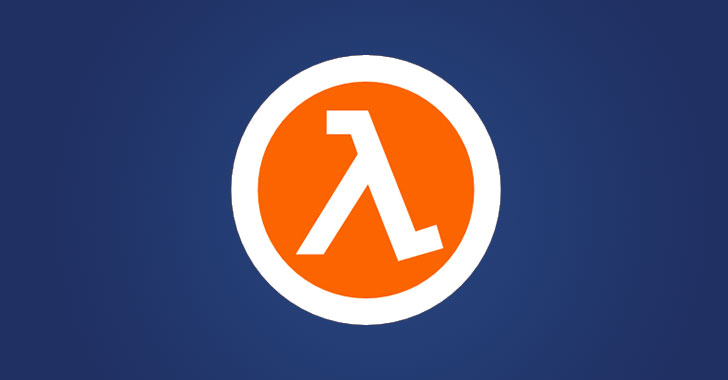This is an advent calendar for techies. In the fully commercialized digital world, almost everything belongs to a large Internet corporation. Their software is neither open nor free. As an alternative, there is this small island of the open source world: software whose code is publicly visible and can be independently checked for possible security gaps and backdoors. Software that can be freely used, distributed and improved. Often the drive for work is simply the joy of providing something useful to society.
Short portraits of open source projects will be published on heise online from December 1st to December 24th. These are about the functions of the respective software, the pitfalls, the history, the background and the financing. Some projects are backed by an individual, others by a loosely organized community, a tightly managed foundation with full-time employees or a consortium. The work is entirely voluntary, or it is financed through donations, cooperation with Internet companies, government funding or an open source business model. Regardless of whether it is a single application or a complex ecosystem, whether a PC program, app or operating system – the diversity of open source is overwhelming.
Follow us on Google News for Latest Updates

Short portraits of open source projects will be published on heise online from December 1st to December 24th. These are about the functions of the respective software, the pitfalls, the history, the background and the financing.
WordPress is the prototype of an open source business model: On the one hand, there is a compelling technology that is used by millions of people. On the other hand, WordPress made the inventor fantastically rich.
WordPress has made it easy for IT laypeople to run their own blog or website: You can get a domain and web space and install the software with just a few clicks. The website builder has become the quasi-standard for blogs and is also built into many other web formats.
43 percent of all websites run on WordPress. The software is under a GNU GPLv2 license. The standard layout and the simple blog post-by-blog post structure can be changed using themes. There are around 9000 in the WordPress database Design templates. 60.000 Plugins can expand the range of functions and, for example, enable surveys, protect against spam or integrate analysis services and advertising networks.
The WordPress company Automattic offers a Desktop application as well as apps for Android and iOS an.
WordPress is a triangular constellation made up of the founder’s company, a foundation and a community. In 2004 the US developer Matthew Mullenweg released version 1.0 of the software. This was a further development of the blog software b2 / cafelog. With his company Automattic, Mullenweg has been developing WordPress since 2005.
In 2010 the WordPress Foundation was founded. The foundation holds the trademark rights to WordPress and supports the global community. It has a minimalist structure: it points to 2020 Revenue of only about $ 11,000 out. As can be seen from the detailed Annual report for 2019 reveals, she has no employees. The board consists of three people whose activities are not remunerated. Mullenweg is the chairman.
The main activity is handled by a foundation subsidiary, WordPress Community Support, PBC. It collects funds from sponsors or through ticket sales and supports community event formats – Wordcamps, Meetups and WordPress business models. In 2020, about $ 600,000 turned out to be 33 WordCamps supported, these are local organized conferences of the community. $ 250,000 went to WordPress meetups.
A map of the do-it-yourself events service Meetup lists 757 groups with 475,000 members in 110 countries. In 2018, before the start of the Corona crisis, WordPress Community Support continued to sponsor the events with around $ 4.6 million.
The community consists of volunteers, but also agencies, IT companies and freelancers who earn money with WordPress: They sell WordPress support, set up blogs for companies or offer premium themes and plugins that are subject to a fee. the Participate page on WordPress.org presents various ways to get involved: You can work on the code, translate, organize events, check submitted themes, answer questions in support forums or develop plugins.
The enterprise Automattic of the founder Matthew Mullenweg with around 1,800 employees is the third pillar next to the foundation and the community. Employees of the San Francisco-based company develop the software and apps. The company earns money with products and services related to WordPress.
The most prominent product is the blog host WordPress.com. You can run a blog there free of charge as a subdomain on which Automattic places advertisements. For more extensive requirements, there are subscription models that range between four and 45 euros per month and include various premium functions: You get your own domain, you can upload videos, integrate Google Analytics or accept payments. Via the Automattic advertising network WordAds blogs can monetize their reach. The prices of “WordPress VIP” for enterprise solutions start in the low single-digit thousands.
In addition, Automattic has several dozen subsidiaries, most of which also make money around WordPress. Jetpack for example, provides malware scanning and spam protection for comments and forms. Other subsidiaries specialize in premium themes and plugins, such as the ecommerce plugin WooCommerce. Automattic also owns the formerly large blogging platform Tumblr, the forum software BbPress and P2, a collaboration tool for companies. Automattic is also involved in the start-up behind the Matrix messenger project.
Automattic is itself still a growth company. Overall, Automattic has how the Crunchbase page has raised nearly $ 1 billion from venture capitalists. In mid-2021, the company was valued at $ 7.5 billion.
Automattic writes in Press area that they are in a “later-stage growth phase” – the end phase of a startup cycle. The logic of venture capital financing stipulates that lenders gild their investments after a few years through an “exit”. By going public or by buying up the start-up. That could also happen at Automattic. When das US-Medium Protocol.com Mullenweg asked about stock market plans in August 2021, he laughed and said that the journalist should simply write down a “standard response from a manager”.
However, the balance of power in the large WordPress company is balanced. In his blog post on the last round of funding writes the founderthat he has continuously surrendered company shares since 2011. The voting rights that are actually linked to the shares remain with him.
WordPress is the best example of how sharing software doesn’t mean volunteering or living on a low level on donations. Open source can also become big business. It is not known how many shares the founder Matt Mullenweg still holds. However, it should be so much that he is fantastically rich on paper, or after an exit, on the account as well.
At the same time, WordPress is a gift to the network. Technology has opened up the web to laypeople as well and has spawned a huge ecosystem in which you can volunteer or make money with the technology. Thanks to its open source construction, WordPress has become a core infrastructure of the web.
The work on the series of articles is based in part on a “Neustart Kultur” grant from the Federal Government Commissioner for Culture and the Media, awarded by VG Wort.
See also:
(bme)
Article Source







